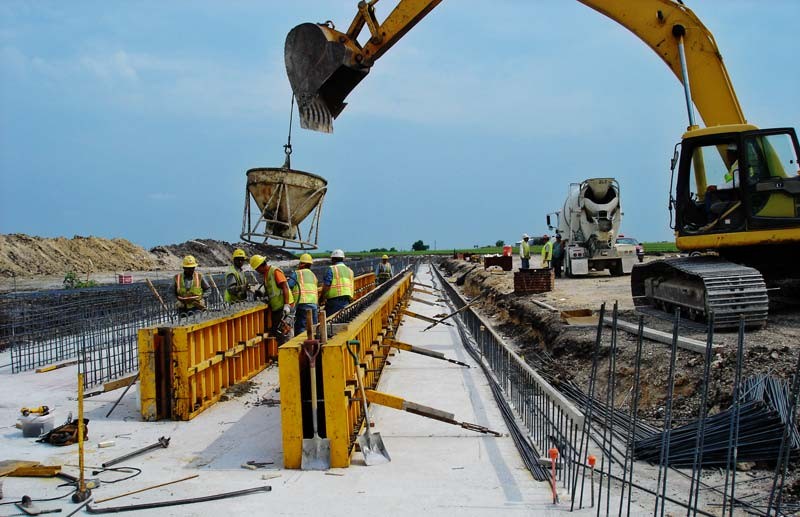Firstly, tenant demand for both flats and houses across the capital is likely to remain strong. London is in many ways a separate economy to the rest of the UK. It is not so much a UK city as an international city and this does not look set to change. London has always attracted workers from other Commonwealth countries, notably Australia, New Zealand and South Africa but many reports now classify London as the fifth largest French city in terms of population. Although some East Europeans workers may return home as jobs become harder to find, anecdotal evidence suggest that many have settled here and intend to stay. And whatever the state of the economy, people still need somewhere to live.
Secondly, the supply of rental property is likely to slow. The major house builders in London have mothballed developments and cut back sharply on new projects. Don’t expect to see any new luxury apartment developments for the foreseeable future. To this must be added those buy-to-let landlords who decide to sale out and sell up as the going gets tough and the fact that first time buy-to-let investors are an almost extinct species. The net effect: fewer properties available to rent.
House prices have dropped off a cliff and many buy-to-let investors have already seen the capital value of their property investments fall dramatically. The big question is: should they sell quickly before prices drop further, or should they hang on and wait for an upturn?
Of course, with mortgage rates remaining stubbornly high, many landlords may not be in a position to afford to ride through the storm. However, assuming imminent repossession is not a danger, a rational look at the indicators suggest that it is worth holding out for the next 3 or 4 years – as that is how long most analysts expect it to take for house prices to start to recover.
With house prices falling and mortgages in short supply, many people are choosing to rent rather than buy. Letting agents report a surge of demand which has already been pushing up rents in some areas.

And don’t forget the Olympic effect. The surge of new transport projects and construction associated with the Olympics is likely to give London’s flagging economy a boost in the run-up to 2012. As the value of the pound falls, London becomes more attractive to international visitors. And the international publicity surrounding the London Olympics can only keep London in the forefront of people’s minds as an international destination.
With regards to more Building Companies London, UK will also help to lower patiently waiting lists for real estate, which in many London, UK boroughs is currently at an all-time high. By allowing home contractors to develop more houses and flats, including affordable units, the local regulators hope that it can considerably decrease those patiently waiting for the long lasting real estate.
Handing greater decision-making abilities to regional regulators, in regards to form the new develop homes, is a key Traditional Party policy which vitally could increase the volume of flats available for sale in London, UK.
If the Tories are chosen into government at the general election this year, they claim that their ‘local’ effort would improve the planning system by motivating home contractors to build more new develop flats in London, UK, along with other areas.
Finally, history shows that house prices and rents are usually inversely proportional. As one goes down, the other comes up.
